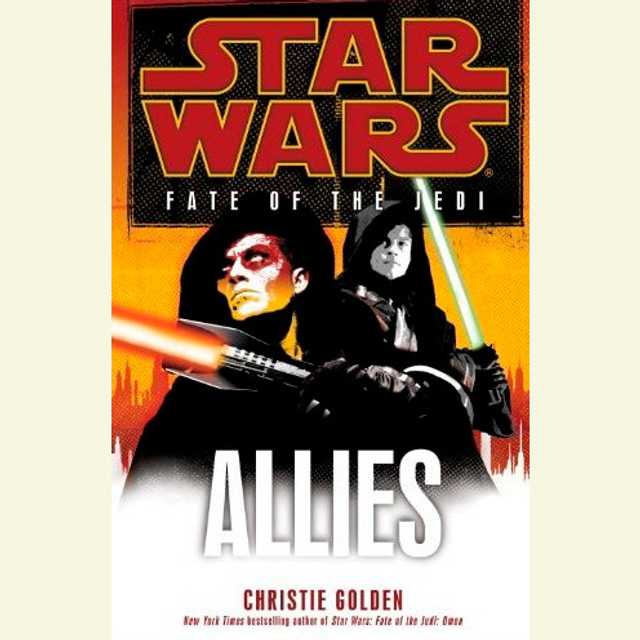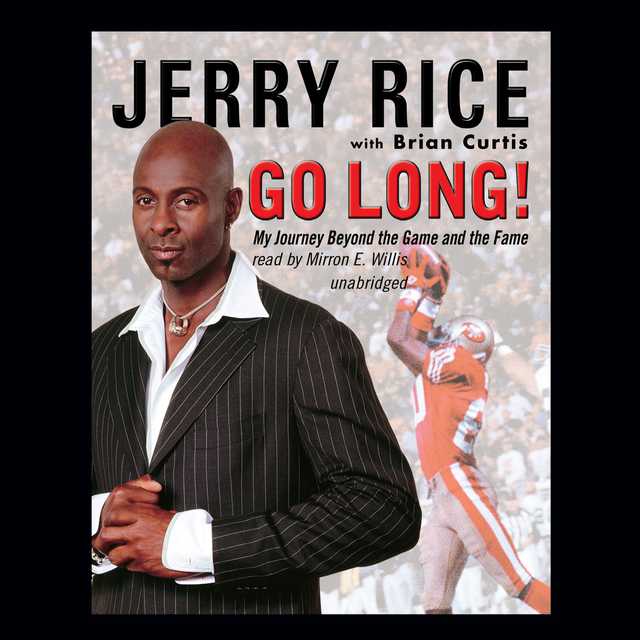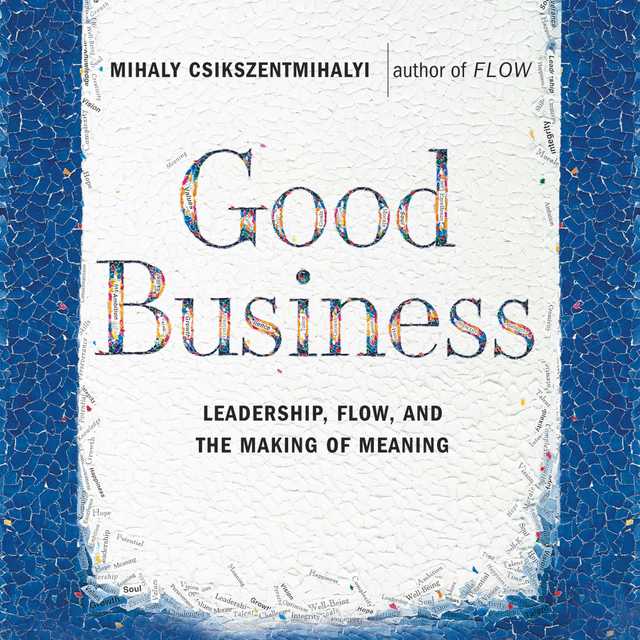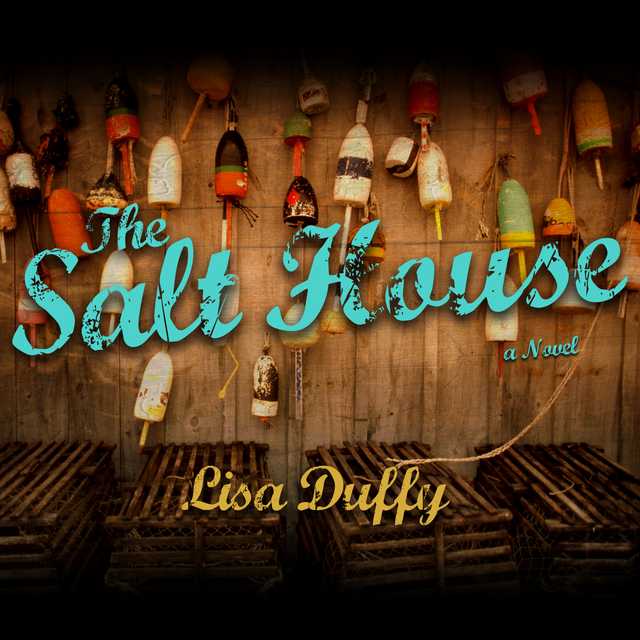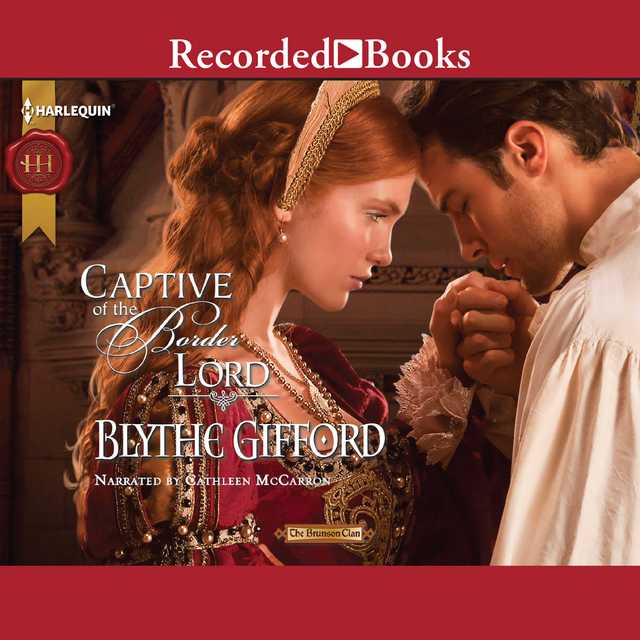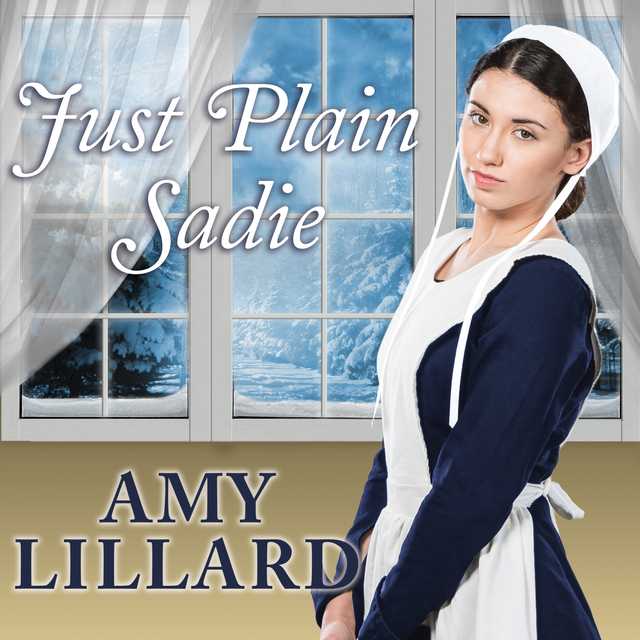What to Read and Why Audiobook Summary
In this brilliant collection, the follow-up to her New York Times bestseller Reading Like a Writer, the distinguished novelist, literary critic, and essayist celebrates the pleasures of reading and pays homage to the works and writers she admires above all others, from Jane Austen and Charles Dickens to Jennifer Egan and Roberto Bolano.
In an age defined by hyper-connectivity and constant stimulation, Francine Prose makes a compelling case for the solitary act of reading and the great enjoyment it brings. Inspiring and illuminating, What to Read and Why includes selections culled from Prose’s previous essays, reviews, and introductions, combined with new, never-before-published pieces that focus on her favorite works of fiction and nonfiction, on works by masters of the short story, and even on books by photographers like Diane Arbus.
Prose considers why the works of literary masters such as Mary Shelley, Charles Dickens, George Eliot, and Jane Austen have endured, and shares intriguing insights about modern authors whose words stimulate our minds and enlarge our lives, including Roberto Bolano, Karl Ove Knausgaard, Jennifer Egan, and Mohsin Hamid. Prose implores us to read Mavis Gallant for her marvelously rich and compact sentences, and her meticulously rendered characters who reveal our flawed and complex human nature; Edward St. Aubyn for his elegance and sophisticated humor; and Mark Strand for his gift for depicting unlikely transformations. Here, too, are original pieces in which Prose explores the craft of writing: “On Clarity” and “What Makes a Short Story.”
Written with her sharp critical analysis, wit, and enthusiasm, What to Read and Why is a celebration of literature that will give readers a new appreciation for the power and beauty of the written word.
Other Top Audiobooks
What to Read and Why Audiobook Narrator
Allyson Johnson is the narrator of What to Read and Why audiobook that was written by Francine Prose
Francine Prose is the author of twenty-one works of fiction including, the highly acclaimed Mister Monkey; the New York Times bestseller Lovers at the Chameleon Club, Paris 1932; A Changed Man, which won the Dayton Literary Peace Prize; and Blue Angel, which was a finalist for the National Book Award. Her works of nonfiction include the highly praised Anne Frank: The Book, The Life, The Afterlife, and the New York Times bestseller Reading Like a Writer, which has become a classic. The recipient of numerous grants and honors, including a Guggenheim and a Fulbright, a Director’s Fellow at the Center for Scholars and Writers at the New York Public Library, Prose is a former president of PEN American Center, and a member of the American Academy of Arts and Letters and the American Academy of Arts and Sciences. She is a Distinguished Writer in Residence at Bard College.
About the Author(s) of What to Read and Why
Francine Prose is the author of What to Read and Why
More From the Same
- Author : Francine Prose
- Lovers at the Chameleon Club, Paris 1932
- My New American Life
- The Vixen
- Reading Like a Writer
- The Turning
- Publisher : HarperAudio
- Abraham
- American Gods [TV Tie-In]
- Dead Ringer
- House of Sand and Fog
- Prey
What to Read and Why Full Details
| Narrator | Allyson Johnson |
| Length | 10 hours 13 minutes |
| Author | Francine Prose |
| Category | |
| Publisher | HarperAudio |
| Release date | July 03, 2018 |
| ISBN | 9780062848437 |
Subjects
The publisher of the What to Read and Why is HarperAudio. includes the following subjects: The BISAC Subject Code is Essays, Literary Collections
Additional info
The publisher of the What to Read and Why is HarperAudio. The imprint is HarperAudio. It is supplied by HarperAudio. The ISBN-13 is 9780062848437.
Global Availability
This book is only available in the United States.
Goodreads Reviews
H.A.
July 10, 2020
A very enjoyable book about books and what makes them into classics or simply a great read!
Bon Tom
January 22, 2023
Excellent companion for all book lovers, written with love, passion, and artistic skill.As for what exactly read and why, there are some obvious choices, like Lolita. There are some I knew about, but now I'm nudged towards finally reading them. There are those that I found just ok in my previous readings, but after fresh insights offered here, I'm going to reconsider and give them another chance. And finally, there are those I never heard about, but for which author makes very convincing case. So convincing, in fact, my to-read list just got that bit longer, with priorities rearranged.One of those is author's other book in the same vein I just found about.
Jasey
May 28, 2022
Pretty good essays on an assortment of different novels; makes me enthusiastic to read more stuff so thx Francine
Kris - My Novelesque Life
June 21, 2019
RATING: 4 STARS2018; Harper/HarperCollins CanadaI have had various books by Francine Prose on my tbr list for awhile. I didn't know if I should start with her fiction or nonfiction first. As the years would pass, and my list would get longer, I saw this new book and put in my request. The title is my reason for reviewing books. No matter how many books you read there is always the question, what to read next? People can throw titles at you like darts, but sometimes that alone is not enough to know what to pick up next. I can be either the best or worst person to ask for a recommendation (my book club knows this well) as I feel the need to give a book report with that recommendation. I will say, before I go any further, some of the novels that Prose mentions in this book will have spoilers. There were a few chapt ers I read only a bit into as I want to read what happens on it’s own. This is why I would not give this a perfect 5 star rating. I think in a time where people assume reading books is becoming an extinct “hobby”, Prose makes a case for why reading has never ceased in popularity. Reading books can be a solitary activity, much like scrolling through Facebook and Instagram, but as these social media platforms have gained popularity so have reading communities. Now there are sites like Goodreads that brings together readers discussing their love of reading and/or a particular book. If you cannot find an in-person book club you can always find an online reading group. It appears like readers are the new nerds but it is just they have a new platform to share what they have always loved. When I saw and read Prose’s “ What makes a Short Story” I rejoiced inside! It was so great to see this form of writing getting positive feedback, but also explain what makes a short story great. Prose talks about forms of writing, what makes a great writing and who (some of) those writers are. This book is listed in the genre of “literary criticism”, but DO NOT get scared off! Prose’s own writing is easy to read and understand. I was going to read an essay a noght, but once I got into the book , I was half finished, and read the rest the next night. I would recommend this to any reader!***I received an eARC from EDELWEISS***My Novelesque Blog
Jenny
October 04, 2018
https://www.dallasnews.com/arts/books...Dallas has a chance to talk books with Francine Prose and the editor of the New York Times Book ReviewJuly 3, 21018Jenny Shank, Special ContributorFrancine Prose, grande dame of American letters, has been publishing fiction, essays and criticism for more than 40 years, including her most recent novel, 2016's Mister Monkey, her 21st work of fiction. She's won the Dayton Literary Peace Prize, a Guggenheim Fellowship, and a Fulbright. What's her writing secret? As Prose explained in 2006's Reading Like A Writer, she never formally studied writing — she learned from reading voraciously and studying other writers' technique.The close-reading approach Prose advocated for in Reading Like A Writer created a sensation among aspiring writers, is now a creative writing curriculum staple, and might be the book Prose is best known for. Her just-released What to Read and Why (Harper, $23.99), is a companion to that hit, compiling "written pieces that I did for various prefaces for reissues of classics and long-form reviews," she explained over the phone from her home in New York, where she teaches at Bard College.Prose will appear with the editor of the New York Times Book Review, Pamela Paul, at the Dallas Museum of Art on July 10, to discuss their mutual love of books as a part of the Arts & Letters Live series. (The conversation has been edited.)You probably weren't the first person to tell writers to read closely, but your book seemed to crystallize that notion. Were you surprised by the reception of Reading Like A Writer?I'm amazed, and believe me, my publisher was amazed. They did a modest printing at the beginning. All it had was one review in the New York Times Book Review, and suddenly there it was, being assigned in classrooms and so forth. I couldn't be more delighted, for my book and for writing in general.You're primarily a novelist, but are you asked about Reading Like A Writer more often than you are about your novels?[Laughs.] It depends who I'm talking to. It's certainly assigned in classrooms more often than my novels are. Often when I was on tour for Reading Like A Writer or talking to people about it, people would say, "What should I read?" There's a list of 118 books that I recommend at the end of Reading Like A Writer. One of the reasons I wanted to do this new one is to go a little more in depth about why I think someone should read these books.If there were one classic book that you could convince more people to read, which would it be?I really can't. Start anywhere, read all of them.You write that you recruited friends to read Roberto Bolaño's 2666 so you could talk about it.[Laughs.] In a way, you could say this whole book is a big recruitment program. I feel like I'm recruiting people to read all these books. My class at Bard College is like a book group that I don't have to be democratic about. It's great to be able to talk to people about books that you love. They have characters that are suddenly like people you know in common.It's like when someone tries to work the name of the person they have a crush on into every conversation — I feel that way when talking about books I love.Exactly. The joke about first dates is that they're like, "Oh, you like beer? I like beer." It's sort of like that with books. When you have the same favorite book as someone else, you do feel, right off the bat, that there's something you have in common with that person.You write about 2666 — "Bolaño's terrifying and gorgeous vulture of a novel keeps landing in the same place — Santa Teresa — but the arc of its flight reminds you that evil is like that: it touches down in one country this time, next year in another place." Would you prescribe this novel to people to gain some insight about current events?Yes. For one thing, a great deal of it takes place on the U.S./Mexican border. I can't think of a more important place to think about now. So much of it is about the murders of these thousands of women on that border — women who came up through Central America, who were working in factories. It couldn't be more current or relevant. His desire to give names and histories and individual stories to these women who have become just numbers — it's fantastic.How do you choose which contemporary books to read?Whenever I can, I read the first two or three pages. Often it's just, do I like the way this is written? That usually has more of an effect on me than the plot or the subject or the theme. It's just: Do I like these sentences that are on the page?You write about Mohsin Hamid's Exit West. That novel struck me as having a timeless quality as well as a timeliness, and an utter freshness. Would you place a bet on that novel to endure?I think it's a terrific book. It addresses the global refugee crisis, but it's also beautifully written and so inventive. The characters are so engaging, and you're rooting for them hard as you're reading the book. It has everything you want from fiction.You include an essay on the importance of clarity in writing, describing "paper-ese" — this language you only see in student papers. You cure the students of this by having them ask themselves, "Would I say this?" Have you noticed changes in student writing over the years, perhaps among the generation that grew up with text messaging, or is the paper-ese pretty consistent?It differs from year to year so much. This past year, they could all write, and it was extraordinary how well they could write. [I asked them how they learned to write.] One of them said, "I wrote book reviews for Goodreads, and that was my way of publication when I was in high school, and I honed my style writing for this website." Some of them were from other countries, so they had a more stringent education. People say, 'Well, kids can't write anymore.' But it depends, because I was lucky enough to teach a dozen students who were unbelievably gifted.It was just about clarity. That's what makes it fairly easy to help a student who is having trouble writing. You just say, what are you trying to say? They find a way of saying what they've been trying to say, which is not in paper-ese, that weird language they've been taught to write in.In Rick Bass' new memoir The Traveling Feast, he observes that writers rarely retire. Do you plan to keep writing?I can't imagine what else I would do. Yes, I plan to keep on writing. I have grandchildren, I have a garden, and I've always tried to have what you would call a life in addition to being a writer. But I'm writing all the time. It's hard work and etcetera, but it's a source of great happiness and satisfaction. Also, by now I've so internalized the guilt from not writing that I can't imagine how I would live with it if I stopped.A lot of people, myself included, have said that the current political moment is making it harder to write. It's very distracting, and it's never seemed to me so hard to stop looking at my phone and go back to what I'm working on. But that's just the moment we live in.Which of your novels would you most like to be remembered and reread the way that you have reflected on the books in What to Read and Why?The most recent one of course, Mister Monkey. Writing that book was sort of like opening a vein. The review it got in the Sunday New York Times by Cathleen Schine was the best review I've ever gotten. It so got what I was trying to do. A number of people thought it was just this comedy. But I thought everything I know about human beings went into that book.Jenny Shank's first novel, The Ringer, won the High Plains Book Award.
Dave
July 26, 2018
I think I like Prose' fiction better, but this is another gem like Reading Like A Writer. My favorite chapters were on Complimentary Toilet Paper, Lolita, and Mavis Gallant. I am reading all those authors now. I like when she was able to related her own works like Blue Angel and A Changed Man to the other works and the writing process.
Peter
January 04, 2019
What to Read and Why by Francine Prose works on many levels. For those books she discusses that a person has not read, her chapters offer insight and incisive commentary without ruining the joy of self-discovery if and when you do read the book. Prose has the ability to open doors and allow you to explore and consider ideas, but she does not demand you become an acolyte to her point of view. For the books you have read, you will find reasoned and interesting ideas to reflect upon should you ever read the book again.Prose is a writer whose clarity is subtle, and yet ever-present. Her arguments are informed and examples from the novel being discussed are well chosen. She gives enough of a writer’s background and influences to shed light on their work, but never forces you to see a novel as a direct extension of the author’s life. To read this book is to learn more about the books you have read; to read this book will also introduce you to novels you should read. Either way, and both ways, you should read this book.
Lynda
June 13, 2022
It's Francine Prose.
Beth
January 27, 2019
I'm enjoying reading this book slowly and not necessarily in order. Prose is such a good writer and reader that I have been going to the books she writes about and reading them as well. It will take me a long time to finish reading this book.
Peg
July 26, 2018
I confess I haven't finished this yet but was so entranced with the paper book I ordered it as an audiobook. She provides such interesting insight into many classic authors that it makes you want to read every one of them.
Steven
July 03, 2019
From the bestselling author of Reading Like A Writer comes another one with a pleasantly authoritative tone that sounds like the narrator really likes to talk about reading and writing. If you like to read about reading and writing, this one's for you. If you don't, you might, after reading this.This book does what all good books do that are written like it's narrated. In fact, this one is a collection of essays already published--which, I suspect, were also given as speeches first. Freelance writers know very well how to squeeze everything they write to the last drop--and they have to, to make something that closely resembles a living. Prose--an apt name for a writer and for a writer about writers and writing--also teaches at conferences, and instructs at colleges, and has published over 20 books of fiction. She's the kind of writer you want to sit down and say, "Tell me exactly how you do it all. Start from when you wake up in the morning. What time is it?" I want to do what she does, and I feel I can, but I have nowhere near the time-management skills or the confidence to do it. One thing you learn here, as I already knew, but it's nice to be reminded, is that good freelance writers can--and do--write about anything.So here you'll see reviews/essays/chapters/narration (whatever they are and originally were) about specific novels and short stories you should read (and why, hence the title), and about the novelists and short story writers you should also get to know. And like all experts and passionistas in their field, you'll know more about these guys, in prose that does not sound like it's veering off point, though it probably is. So you'll learn things about: Diane Arbus, who calmly committed suicide when her husband left for a few days, so she wouldn't be found or stopped by anyone; Mary Shelley, who was 18 when she wrote Frankenstein, and a little younger when she eloped with a bohemian group that would've made freelovers in the 60s spit out their coffee in alarm; Charles Dickens, who very publicly divorced his wife of over 30 years and shacked up with an actress of about 25; George Eliot; Jane Austen; Roberto Bolano; Karl Ove Knausgaard, who wrote a series of memoirs--together titled My Struggle, purposely stealing from Hitler--so specific that his relatives and friends complained and, at times, sued him; Jennifer Egan; Mavis Gallant; Mark Strand and many others.You'll want to read what she says you'll want to read. I bought the first of Ove's books so far. You'll want to read more about the authors, too, which she obviously has, and I'm not just talking Wikipedia, either, which is what you and I would do. It is obvious that she loves to read, in general.There are also enlightening and entertaining chapters about how to read, how to write and exactly what a short story is. One piece of advice, which you'd know I need if you've read my reviews, is that it is easier to write concise short sentences than it is to write concise long ones. "No shit," you might say, and of course this is obvious advice. And yet, looking over some of my stories that haven't sold...Time for some hatchet jobs. You'll also read about how she gave a reading at Stanley Elkin's funeral, and why she chose to read a passage from one of his stories about a man, stuck in a zoo with a bear, who fucked the bear (yes) and essentially fell in love with the bear. She read this at his service because Elkin was known for his unabashed literary ballsiness, so it was oddly, if not blasphemously, appropriate, but also because it was amongst the most timid things of his she could find. Now, doesn't that make you want to read Elkin, at least a little bit? If your writing is too passive, I suggest you give him a try.So this book is highly recommended, if for no other reason than because it is glorious to hear someone speak (for that's what this reads like) about something the writer is very passionate, and very knowledgeable, about. She dispenses the knowledge and opinion in a freewheeling arc, and she doesn't sound like she's talking down to the reader, or that you are lucky to be listening to her. Though, of course, you are.I liked this book so much I bought it before I returned the library's copy. You may do the same.
William
March 12, 2019
Bestselling author and literary critic Francine Prose tells us What to Read and Why in the book of the same name. The book is composed of a collection of essays on various pieces of literature. It is interesting in that it doesn’t just jump to the classic canon and stay there; it goes to some more modern writers as well, which is apparently a section of knowledge that I am lacking in. For instance, I have never heard of one of the people prominently featured in an essay, Mavis Gallant. Apparently, she was a writer in the same magazines as John Updike but never received his recognition.So a lot of the essays discuss being transported to another world through the power of imagination or the attempt to find beauty in fiction. All of the essays have been printed before in other books. A few of them were the opening essays to classic works like Frankenstein or New Grub Street.Through the essays, we find challenging pieces of art that reward closer looks. With deep meanings and timeless scenarios, literature is a difficult thing to top in many cases. We all have heard the story of The Creature from Frankenstein, but do we really know it? Do we know the underlying philosophy of restoring life to an inanimate corpse? Such works become a cultural touchstone in more ways than one. This waters down the meaning for the masses which is really unfortunate. I mean, as I write this review I can imagine Dr. Victor Frankenstein from the 1933 movie screaming in elation at his success. I can’t remember anything in particular about the book except that I have read it. Granted, I was a Junior in High School when I read Frankenstein, but maybe I should revisit it all the same.This book is inspirational in that it spurs me to look for such things beyond the ordinary drivel published in magazines and newspapers today. However, it also makes it difficult for many to make good works. There is also an essay in the book that champions clarity in writing. This essay is one of my favorites from this collection. The other ones I enjoyed were mentioned prior to this. The book was enjoyable and interesting. I do like being introduced to newer writers, but I don’t really seem to read a lot of fiction. I should change that up and do something about it.
Vivian
September 08, 2018
I hoped that What to Read and Why would be as revelatory as Reading Like a Writer, which was eye-opening for a non-English major who dabbles in both reading and writing. What to Read is more of a hodgepodge, but certainly makes one think. It includes both author reviews and contemplation about aspects of reading. I approached the book with the idea of finding something for my book group, the Hungry Readers, since my turn is coming up. I quickly began to ponder the fit of Prose’s recommendations with How to Talk About Books You Haven’t Read , by Pierre Bayard. I think of myself as a reader, but was unfamiliar with many if not most of the authors and books Prose introduces. I read Middlemarch and Great Expectations. I have never read Frankenstein or Lolita, though I can talk about them. Frankenstein, by the way is, according to a study cited by Prose, the most assigned literary text in the United States. I regret not having read Edward St. Aubyn or Mavis Gallant, so those are candidates for the Hungry Readers. I also found books I don’t want to read. Prose is crazy about Roberto Bolano’s 2666, for example, but I’ve done my service with Pynchon and David Foster Wallace-type epics.
David
July 31, 2022
The Reader’s Digest-ish title might suggest otherwise, but this book offers an array of 32 previously published pieces which -- except for two on photographers, two on the writer's craft and one on art in general -- discuss writers whose work Prose admires. As one might expect from a seasoned producer of fiction and non-fiction, and teacher of writing and of literature, these lucid essays show formidable command of the material and informed sensibility. They introduced me to a couple of writers such as Patrick Hamilton (from whom came the term ‘gaslighting’) I’d not known about, and re-acquainted me with others such as Stanley Elkin, whose books I'd read forty or more years ago, but have been undeservedly gathering dust in my bookcase. As noted, Prose dwells on writers she admires, showing us why they are worth reading. But what about those who are not? Being an informed and sharp observer, she is doubtless capable of showing us what is not worth reading, and why. If she’s ever taken the gloves off, or duked it out in debates about writers, I would be eager to see the re-plays.
Most Popular Audiobooks
Frequently asked questions
Listening to audiobooks not only easy, it is also very convenient. You can listen to audiobooks on almost every device. From your laptop to your smart phone or even a smart speaker like Apple HomePod or even Alexa. Here’s how you can get started listening to audiobooks.
- 1. Download your favorite audiobook app such as Speechify.
- 2. Sign up for an account.
- 3. Browse the library for the best audiobooks and select the first one for free
- 4. Download the audiobook file to your device
- 5. Open the Speechify audiobook app and select the audiobook you want to listen to.
- 6. Adjust the playback speed and other settings to your preference.
- 7. Press play and enjoy!
While you can listen to the bestsellers on almost any device, and preferences may vary, generally smart phones are offer the most convenience factor. You could be working out, grocery shopping, or even watching your dog in the dog park on a Saturday morning.
However, most audiobook apps work across multiple devices so you can pick up that riveting new Stephen King book you started at the dog park, back on your laptop when you get back home.
Speechify is one of the best apps for audiobooks. The pricing structure is the most competitive in the market and the app is easy to use. It features the best sellers and award winning authors. Listen to your favorite books or discover new ones and listen to real voice actors read to you. Getting started is easy, the first book is free.
Research showcasing the brain health benefits of reading on a regular basis is wide-ranging and undeniable. However, research comparing the benefits of reading vs listening is much more sparse. According to professor of psychology and author Dr. Kristen Willeumier, though, there is good reason to believe that the reading experience provided by audiobooks offers many of the same brain benefits as reading a physical book.
Audiobooks are recordings of books that are read aloud by a professional voice actor. The recordings are typically available for purchase and download in digital formats such as MP3, WMA, or AAC. They can also be streamed from online services like Speechify, Audible, AppleBooks, or Spotify.
You simply download the app onto your smart phone, create your account, and in Speechify, you can choose your first book, from our vast library of best-sellers and classics, to read for free.
Audiobooks, like real books can add up over time. Here’s where you can listen to audiobooks for free. Speechify let’s you read your first best seller for free. Apart from that, we have a vast selection of free audiobooks that you can enjoy. Get the same rich experience no matter if the book was free or not.
It depends. Yes, there are free audiobooks and paid audiobooks. Speechify offers a blend of both!
It varies. The easiest way depends on a few things. The app and service you use, which device, and platform. Speechify is the easiest way to listen to audiobooks. Downloading the app is quick. It is not a large app and does not eat up space on your iPhone or Android device.
Listening to audiobooks on your smart phone, with Speechify, is the easiest way to listen to audiobooks.












